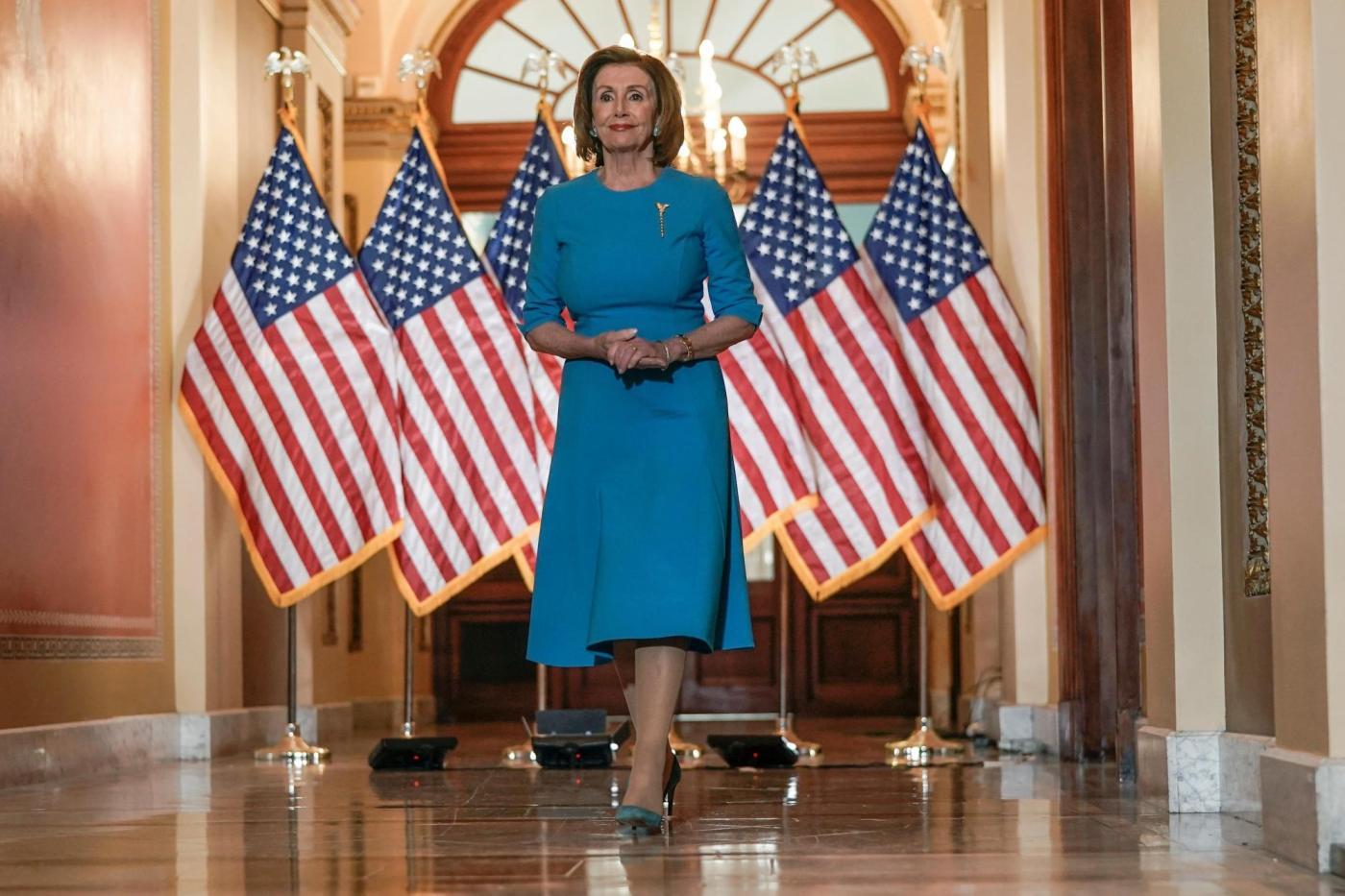Former House Speaker Nancy Pelosi announced on March 15, 2024, her intention to retire from Congress in 2027, capping a career that spanned 20 terms. This decision follows a notable surge for the Democratic Party in off-year elections held on March 12, where Democrats achieved victories in key states including New Jersey, Virginia, and California.
Pelosi, who relinquished her leadership role in January 2023 after the Republicans gained control of the House in the 2022 midterm elections, has been a polarizing figure. Critics have described her tenure as detrimental to party unity. In a recent interview on CNN, she referred to former President Donald Trump as “the worst thing on the face of the Earth,” prompting discussions about the implications of her remarks in a politically charged environment.
Pelosi’s history in Congress has been marked by controversy. Critics point to her support for the Patriot Act and her handling of impeachment proceedings as evidence of political hypocrisy. For instance, during her tenure, she faced scrutiny for her comments on warrantless surveillance and her support for military actions that some deemed unconstitutional.
Despite her contentious legacy, the Democratic Party’s electoral success on March 12 suggests a shift in public sentiment. The victories in states that did not support Trump in the 2024 presidential election underscore a potential reconfiguration of political dynamics. Analysts suggest that the recent federal government shutdown may have contributed to the Republican Party’s challenges, highlighting the difficulties of unifying under a common cause when faced with substantial opposition.
The upcoming year will be crucial for the Republican Party, which risks losing further ground in the next elections. History shows that a Congress perceived as unproductive can lead to electoral repercussions, as demonstrated in the aftermath of President Harry Truman’s administration in 1948.
While Trump’s political strategies have resonated with a segment of the population, there is growing concern within the Republican Party regarding its future leadership. As some analysts note, Trump’s influence has overshadowed potential successors, raising questions about the party’s direction post-Trump. Initiatives such as the Heritage Foundation’s Project 2025 lack clarity on a path forward devoid of Trump’s presence, potentially leaving the party vulnerable.
As the political landscape evolves, Pelosi’s retirement marks the end of an era, while also reflecting the shifting tides within American politics. The coming months will reveal whether the Republican Party can recalibrate and respond effectively to the electorate’s changing preferences.
Political analyst Armstrong Williams has emphasized the necessity for the Republican Party to acknowledge recent electoral outcomes as legitimate expressions of democracy. The need for unity and cooperation across party lines has never been more pronounced, especially as both parties navigate the complexities of governance and public expectation.
In conclusion, Pelosi’s exit signals both a personal transition and a broader transformation within the political landscape, inviting speculation on the future of leadership and party strategy on both sides of the aisle.







